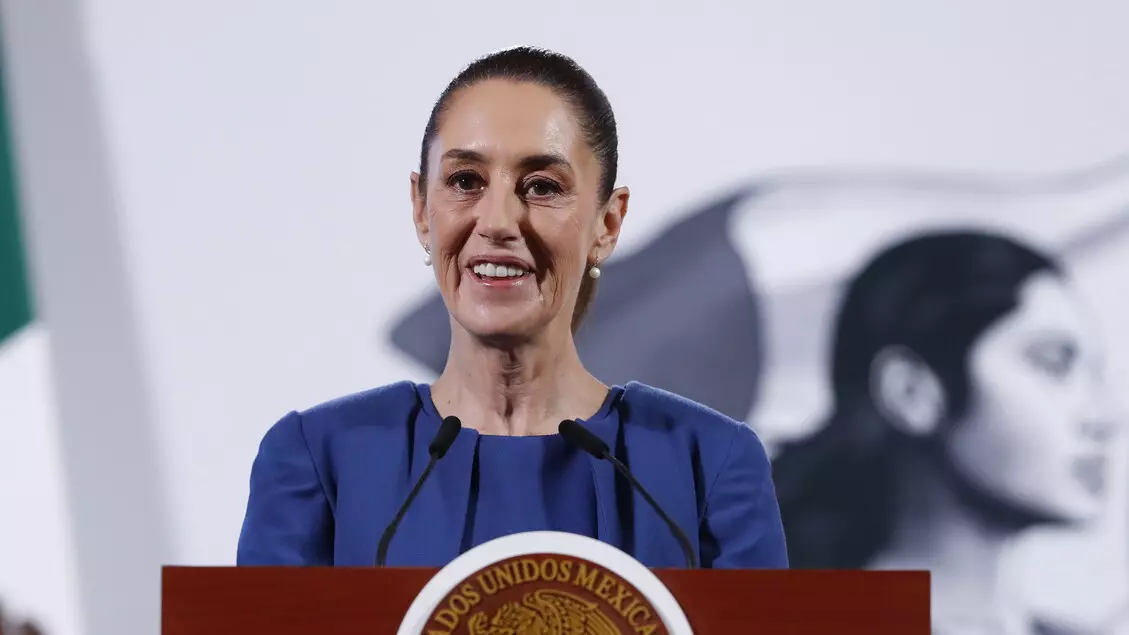A silent and deadly poison is spreading through the cities of Mexico.
It is drugs, specifically fentanyl, the synthetic opioid that has been claiming thousands of lives in the United States but whose production and trafficking largely pass through Mexican territory, under the control of increasingly militarized cartels. In this volatile context, diplomatic tension has erupted between the Latin American country and Donald Trump, who has returned to the spotlight with aggressive and uncompromising rhetoric.
On Saturday, Mexican President Claudia Sheinbaum revealed that she had firmly rejected a proposal from the Republican president: the idea of sending U.S. troops into Mexico to assist in the fight against drug trafficking. According to Sheinbaum, such a proposal represented a clear violation of national independence. She stated that sovereignty was not something that could be negotiated or sold, and emphasized that it must be cherished and defended.
Her rejection came in response to a Wall Street Journal article that reported on a tense phone call between the two politicians, during which Trump allegedly pressured her to accept direct military intervention by U.S. forces against the cartels. Trump, who had previously proposed unilateral action against drug lords, appeared determined to escalate the confrontation even at the cost of crossing diplomatic red lines.
Meanwhile, the situation on the ground remains far from under control. In recent months, U.S. military presence has grown along the southern border, with troops, equipment, and aerial surveillance deployed to monitor fentanyl flows. In February, Trump had gone so far as to designate several cartels as foreign terrorist organizations, opening the door to new forms of armed intervention and expanding the scope of U.S. special forces operations.
Sheinbaum responded clearly, saying that cooperation was possible but only with each country acting within its own territory. Her message was firm: Mexico would not accept the presence of American soldiers on its soil. Still, behind this rhetoric of sovereignty lies an uncomfortable truth: criminal networks are gaining strength, infiltrating every level of the state, controlling territories, intimidating politicians, and spreading death on a global scale.
The war on drugs, ongoing for decades, still lacks an effective strategy. Neither the hardline stance from the United States nor Mexican nationalism seems to offer a lasting solution. According to the U.S. Drug Enforcement Administration DEA, more than 90% of the fentanyl seized in the U.S. originates in Mexico, where it is produced using precursor chemicals mostly imported from China. Mexican cartels, especially the Sinaloa Cartel and the Jalisco New Generation Cartel CJNG, are the main players behind its production and distribution.
Annual revenues from these illicit activities are estimated to exceed $30 billion, most of which comes from drug exports to North America. In 2023, the United States recorded over 74,000 deaths from fentanyl overdoses a figure tragically linked to a supply chain rooted in Mexico. That same year, more than 26,000 pounds of the opioid were seized along the southern border, an amount that DEA agents say would be enough to kill the entire U.S. population several times over.












